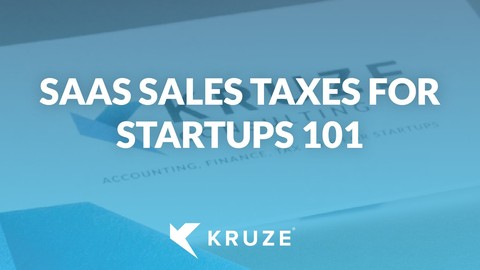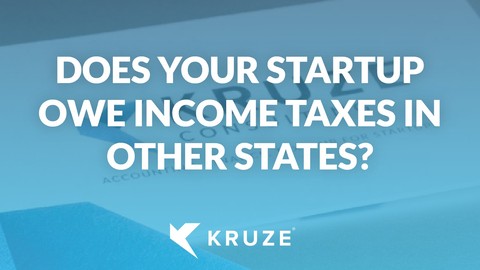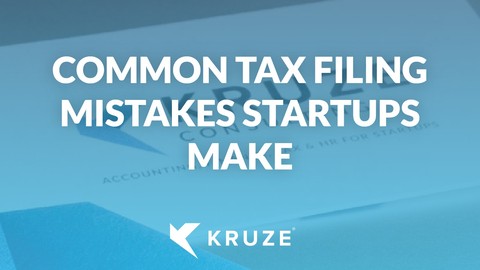
The Scientific Research and Experimental Development (SR&ED) program encourages companies to conduct research and development in Canada by providing tax incentives. Administered by the Canadian Revenue Agency (CRA), the program provides two types of tax breaks – an income tax deduction and an investment tax credit (ITC).
What research is eligible?
The SR&ED tax incentive is available for systematic research in the fields of science or technology that is conducted in Canada, and includes:
- Basic research undertaken to advance scientific knowledge.
- Applied research that advances scientific knowledge focusing on a specific practical application.
- Experimental development.that advances technology to create or improve existing materials, devices, products, or processes.
After determining if the work is eligible for SR&ED, you can claim allowable expenditures. Those expenditures may include:
- Salary or wages
- Materials
- Contracts for SR&ED
- Overhead
- Third-party payments
What benefits does SR&ED provide?
The program’s tax incentives work in two ways:
- Income tax deduction. Qualified SR&ED expenses can be pooled and then deducted against current income, or kept and deducted in a future year.
- Investment tax credit (ITC). Your company can earn an ITC and use it to reduce current income tax, reduce income taxes in a prior year, or carry it forward to a future year. In some cases the credit may be refundable. Unused ITCs can be carried back three years, or carried forward 20 years, and applied against taxes payable.
For eligible SR&ED projects, ITCs will be at least 15 percent and may be as much as 35 percent of the qualified SR&ED expenditures. Canadian-controlled private corporations (CCPC) can earn a refundable ITC at the enhanced rate of 35 percent on the first $3 million of qualified expenditures, and a non-refundable ITC at the 15 percent rate for amounts over $3 million.
Non-Canadian or publicly owned corporations can earn ITCs at the basic 15 percent rate, and can use the ITC to reduce taxes owed. Non-Canadian companies can become eligible for SR&ED tax incentives by forming a Canadian subsidiary to perform eligible R&D work in Canada, either for themselves or on a contract basis for the parent company.
Find out if your research qualifies for SR&ED
More than 20,000 research projects qualify for SR&ED every year, and the program provides more than $3 billion in tax incentives annually. To help businesses determine their eligibility, the Government of Canada provides a free Self-Assessment and Learning Tool to help you determine if all or part of your research project qualifies for SR&ED and estimate the amount ITCs you may be able to claim. Much like the US Federal Research and Development Tax Credits (which you can estimate using our R&D tax credit calculator), you will need to provide information on the project, duration, type of research, and various costs associated with the research. If you have questions about the Canadian SR&ED tax benefit, please contact us.















